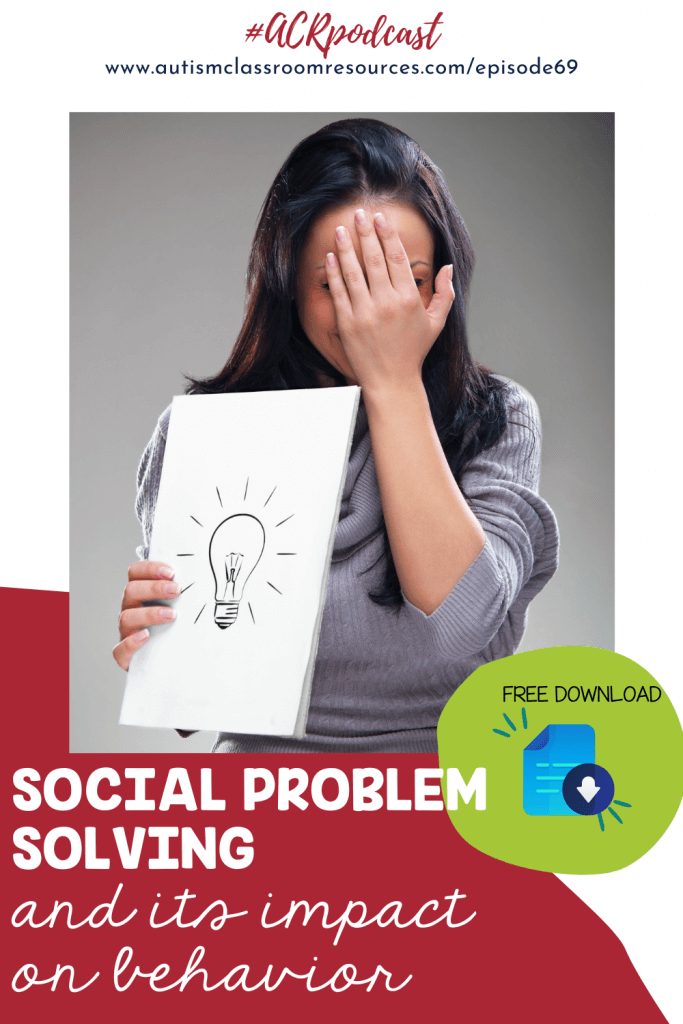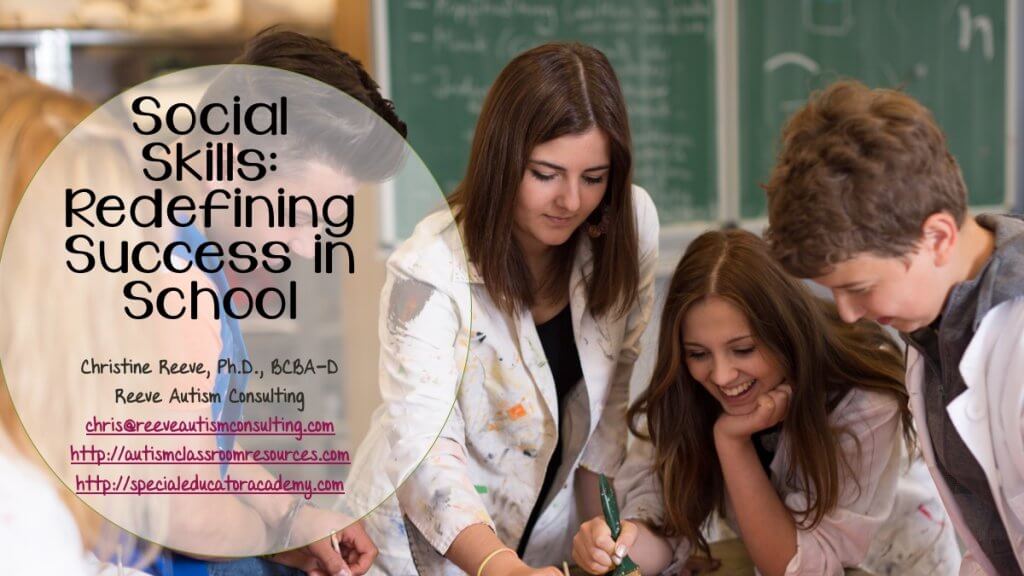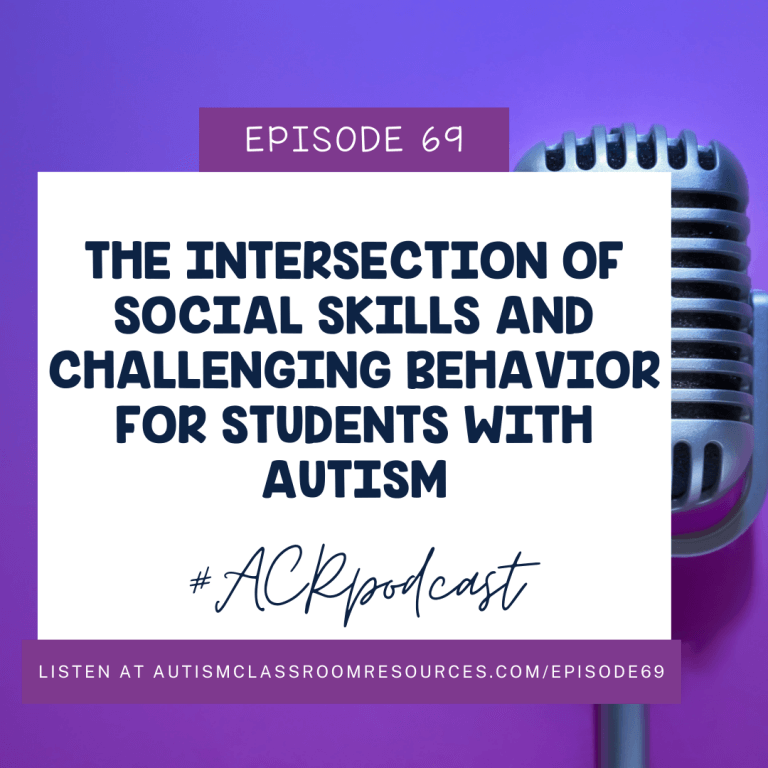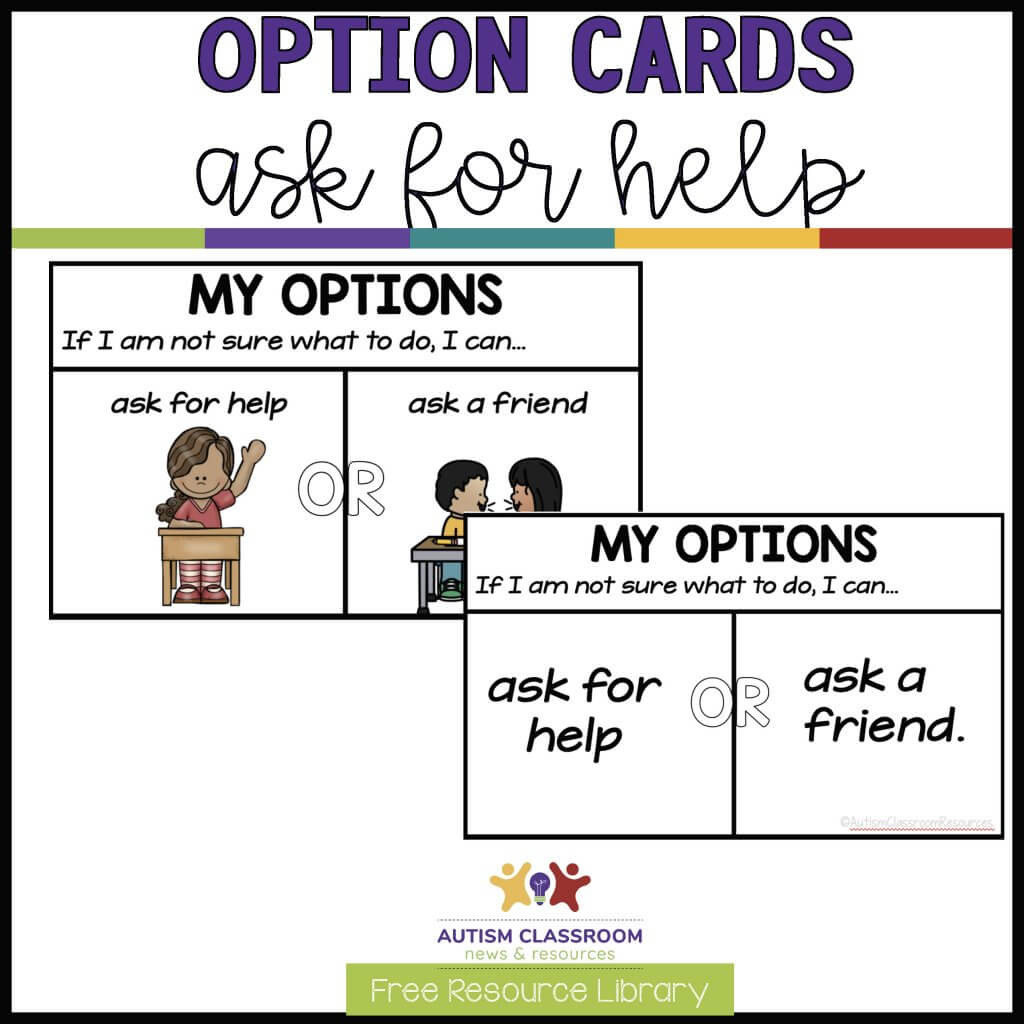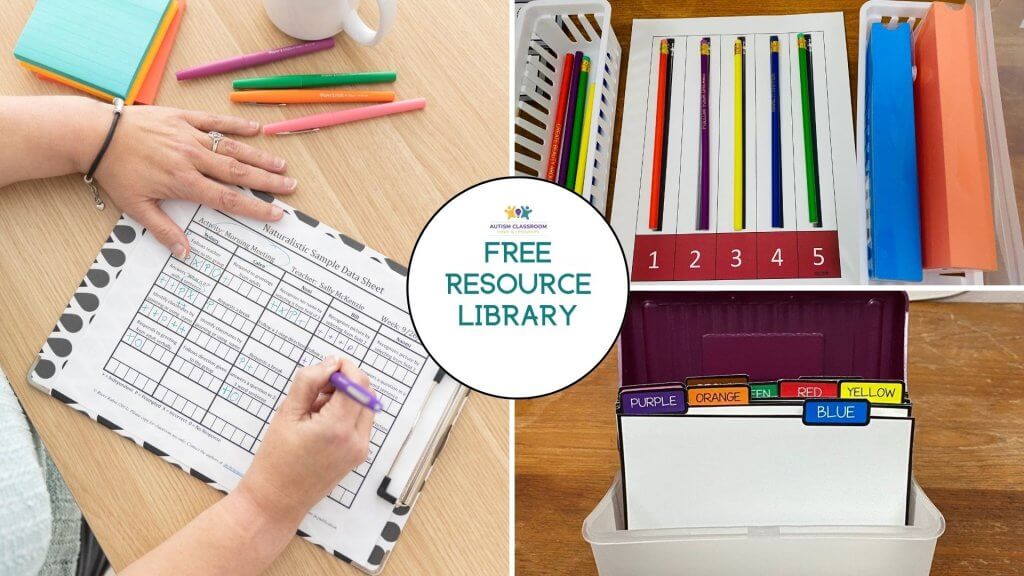This week, I am exploring how social skills deficits, and specifically difficulties with social problem solving, impact the behavior of students with autism, particularly those who are working in general education classrooms. One of the areas that I see many students struggle with in schools is how to handle those situations that occur in recess, at lunch, in group assignments or other unstructured times when something unexpected happens. Those are the times that our students with ASD may respond in a way that makes sense to them, but may not always make sense to those around them.
Social competence, which is how I often refer to the larger approach to social skills, is a very huge deal. It encompasses a lot of different skills and abilities. Some of these are specific, definable skills. For instance, when to say hello to someone. But others involve more esoteric, less easily observed skills.
The Student In the Gym
For instance, a student who found himself in a gym locker room unsupervised. Other kids were teasing him and giving him a hard time. He was feeling threatened and wanted them to stop. But he didn’t know how to remove himself from the situation or ask them to stop. He didn’t have the skill or know the right thing to do. So, he said something threatening that he had heard in a movie when someone was feeling uncomfortable. He told them he would come back and beat them up. They left him alone (so it worked), but they also told the principal and he was suspended. Knowing him, he had no intention to act upon that threat. But the other students and administrators wouldn’t know that.
It was poor social problem solving on his part. He didn’t know how to ask them to leave him alone or remove himself from the situation in a more appropriate way. He didn’t have social skills at his finger tips for handling that situation.
But he also couldn’t figure out why they were teasing him and how to address it. He didn’t have the ability interpret what they might be thinking. He simply didn’t have good social problem solving for the situation. And his behavior got him into trouble.
Episode 69 Highlights
In this episode, I’m talking about how deficits in social problem solving puts our students at risk for negative behavior.
I will also talk about why we need to look at social skills and social problem solving as part of our functional behavior assessment.
And why we need to incorporate social problem solving instruction into our students’ curriculum to prevent challenging behavioral issues.
Finally, I’ve got a free tool that to download in the post for this episode that can help to remind them of some social problem solving strategies. You can find that at autismclassroomresources.com/episode69.
So let’s get started.
The Impact of Social Problem Solving on Behavior
Students on the spectrum often have difficulty interpreting others’ behavior, predicting what others might be thinking, and determining that right action to take based on particular situations. They often struggle with reading the nonverbal cues of body language and tone of voice. And all of that together means that they can have difficulty knowing how to respond in social situations.
Like the student in the gym, that means that the way they respond to situations may not be the best options. These are students whose challenging behaviors are often more esoteric than just aggression. It might be categorized as a “meltdown.” Or it might be a group of behaviors that get conveyed as being rude, uncommunicative, shutting down, refusing to participate in activities, etc.
Sometimes these behaviors look just rude or antisocial rather than being a result of not being able to “read the room” or understand the social context. But they also sometimes lead to some big social misunderstanding that can get these students into bigger trouble.
The Importance of Social Problem Solving in Behavior Assessment and Support
Given the impact that social problem solving deficits can have on these students’ behavior, it’s critical that we address them in our assessments and interventions. That leads to two avenues.
In the FBA, we need to include a focus on their social skills and problem solving. We probably don’t need a formal assessment tool. But in our interviews and observations, we should be looking for how the student manages in social situations.
Then, in our interventions, we should be including strategies for addressing social problem solving. These are critical replacement skills given that some of the challenging behaviors may be the result of poor social problem solving and deficits in social skills. And we need to make sure that this training is intensive and not just happening as needed. If students are demonstrating challenging behavior, they need explicit interventions.
Teaching Social Problem Solving to Prevent Challenging Behavior
If the student’s behavior does not rise to the level of needing an FBA (yet), then we should be thinking about how we can prevent that from happening. Many of our students on general education standards don’t get social skills instruction because it isn’t part of their academic curriculum. But they will struggle in the long run without it. So we need to make it a priority. So here are 2 strategies that are fairly easy to implement in the classroom that can help.
Social Narratives, Role Playing, Reinforcement
Social narratives are one strategy that we can use to teach our students how to solve social problems. Narratives are like Social Stories™️ and are designed to describe social situations. The most important component of social narratives for these students are that they should highlight others’ perspectives of the social situation. They should also present options to the student about how to handle the situation and how those actions might be interpreted by others.
Social narratives are also used in combination with other interventions. They aren’t a quick fix that works on their own. I have had some students who respond really well to them. Others who didn’t respond at all. Typically, they have worked as a great way to introduce information to the students. But they aren’t necessarily the behavior change agent for instruction. That is going to take practice.
For practice we need to do role playing, practice, and feedback. We can use video modeling. Students can practice with others or with adults. And we need to reinforce them. So there is a lot of explicit instruction that needs to happen as well as part of a social skills curriculum. Tools such as Michelle Garcia Winner’s Social Thinking and Scott Bellini’s Building Social Relationships are both good resources for these.
Option Cards
And that brings me to a second tool that I wanted to highlight in this episode. Option cards are simply visual supports that remind students of what their options are. You know that student who always calls out whenever he needs help? He doesn’t know to wait his turn. Or he doesn’t know to ask a friend. And instead he’s always calling out in class and interrupting.
Option cards are a way of reminding him what he could do instead. So in the case of the interrupting student, you might have an option card that says, If I don’t know what to do, I could raise my hand and ask for help, or I could ask a friend. You can tape it to his desk or put it in his pocket or notebook as a reminder.
You can also use them to help prevent more significant challenging behaviors. So some students I’ve worked with have an option card that says, “If I get upset, I can ask for a break or get a fidget.” I’ve had option cards for students during PE that said, “If I lose the game, I could congratulate the other team or go get a drink of water.” The second option may not be the most socially appropriate, but it’s better than screaming at the other team and denying that they won.
And I have a free option card that you can download in the resource library. You can sign up and grab it at autismclassroomresources.com/episode69.
Other Tools
Obviously there are tons of other tools that we can use to address social problem solving, like contingency maps, some of the self-regulation tools I talked about in episode 67 and social skills instructional strategies. But the key is that we need to be addressing these issues for these students. Often times we forget that they need this as explicit instruction. And it’s not included in the general education academic curriculum. We need to advocate for the needs for these students to learn these skills to avoid behavior but also to promote success within and after school.
So head over to the website page for this episode at autismclassroomresources.com/episode69 to grab your free option cards and contingency maps. And if you are interested in learning more about how to teach social competency, we have a whole course on teaching the specific skills for all different populations, including autism, in the Special Educator Academy. So, come join us for a 7-day free trial of the Academy at specialeducatoracademy.com
And I would love to hear about how you teach social problem solving to your students. So if you are an educator, hop over to the free Facebook group at specialeducatorsconnection.com and share.
